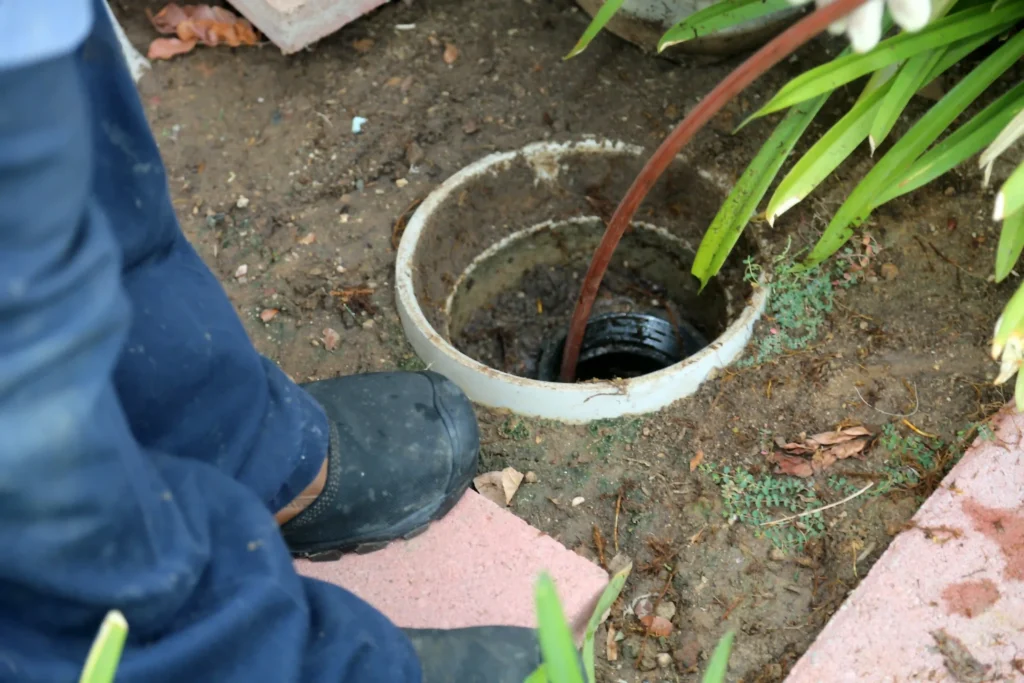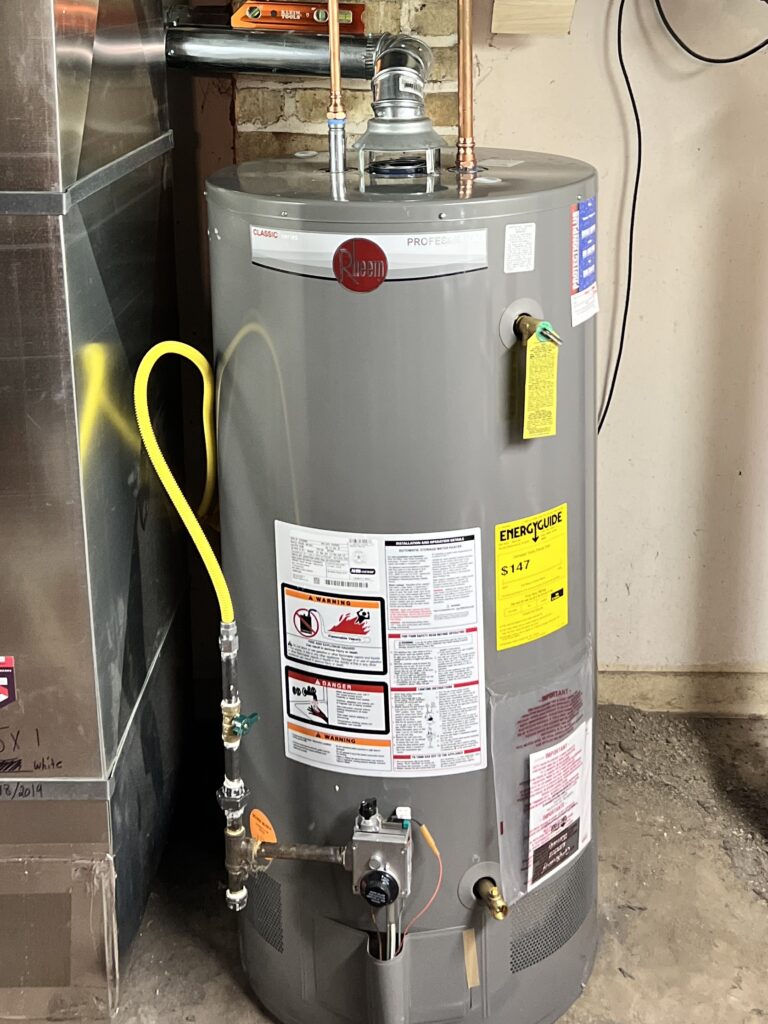

Blog
How long does an HVAC system last?
Imagine never worrying about maintenance or replacement of your electronics, car or home — it sure would be great. Unfortunately, we know that’s not the case. Many items we own need to be maintained and eventually replaced. You probably replace your smartphone every two years and your car every five to 10 years, but your home’s heating and cooling system will last 17 to 20 years. For many homeowners, they only purchase one new system in their lifetime.
Every HVAC system won’t last 20 years on its own. Here are several contributing factors you need to know.
- Location
Living in Iowa, your air conditioner and furnace each only work three to six months of the year. Lower operating hours mean a longer life expectancy. Compare that to homes in the Southwestern United States that require air conditioning for more months of the year or northern states that require more heating throughout the year. - Maintenance
We recommend one yearly tune-up for your air conditioner and one for your furnace. Lack of maintenance can take years off the life expectancy. Plus, the system could lose up to 40 percent efficiency, which means you’ll be paying more in energy bills. - Proper use
It’s tempting to set the thermostat to 68 degrees on those sweltering summer days or 76 on those wicked winter nights. Unfortunately, setting it to the extreme is overworking the system, which will reduce its useful life. Also, if you turn your system on and off frequently, the engine is being overworked. On average, the unit runs 10 minutes before reaching peak efficiency. - Right-sized
For years it was common practice to install a bigger unit than what was needed in homes. Now, HVAC professionals can find a unit that is right-sized to your home’s needs. If the unit is not properly sized, it’s most likely working too hard or too inefficiently, which can take time off its useful life.
Here are two important reasons you need to know the life expectancy of your air conditioning unit.
- Avoid health risks
Continuing to use a system past its useful life runs the risk of a carbon monoxide leak. The odorless, colorless and tasteless gas can be deadly if not quickly detected. - Avoid a breakdown
You may be thinking — if it’s not broke, why replace it? Knowing your system is at the end of its life can help you avoid an unexpected complete breakdown. Emergency replacements can be inconvenient to schedule and difficult to pay for (if you haven’t been saving up) and could leave your family without cooling or heating when Mother Nature is at her worst.








